Creating Resilient Communities That Are Self-Reliant and Adaptable

Taking the rich, red clay dirt from the front of their homes, the villagers of Kirindi in Uganda made the bricks that built the community huts and the OneMama Health Center. Drawing upon local, readily available resources, they discovered the wealth latent in their own community. It’s a powerful lesson that if we can just shift our perspective just a little, we realize everything we need to achieve a vision is right in front of us. Rural developing communities often have far more resources available to them then they realize. When outside agencies approach developing communities, they best serve the local people by helping them to identify and utilize local resources. It lays the foundation for building a community that is both self-reliant and adaptable.
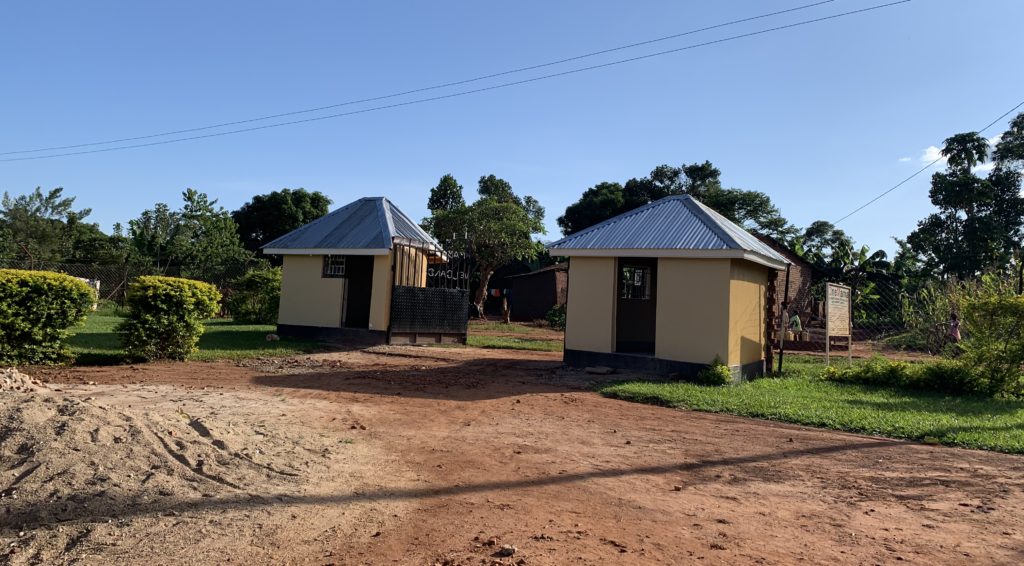
With a local population of 5,000 to 7,000 people, Kirindi is home to the OneMama Health Center and Birthing Clinic. It is where Ugandan women travel as far as ten miles to have their babies under the care of the midwife, Mama Jamira. Known for her compassionate care and use of traditional herbs, she is a trusted and highly respected member of her community. Her reputation and reach extends far beyond the village of Kirindi. Her presence at the birthing clinic also helps to establish trust among the villagers regarding the other services offered by OneMama. For many of these people, the concept of going to a health center is a new and foreign idea. At the health center, locals can access health services such as malaria testing and treatment, HIV testing, and general health care. In order to get people to use the center’s services, they must first trust the center as a safe and legitimate resource. Mama Jamira’s presence has been critical to establishing the credibility of the OneMama health center.
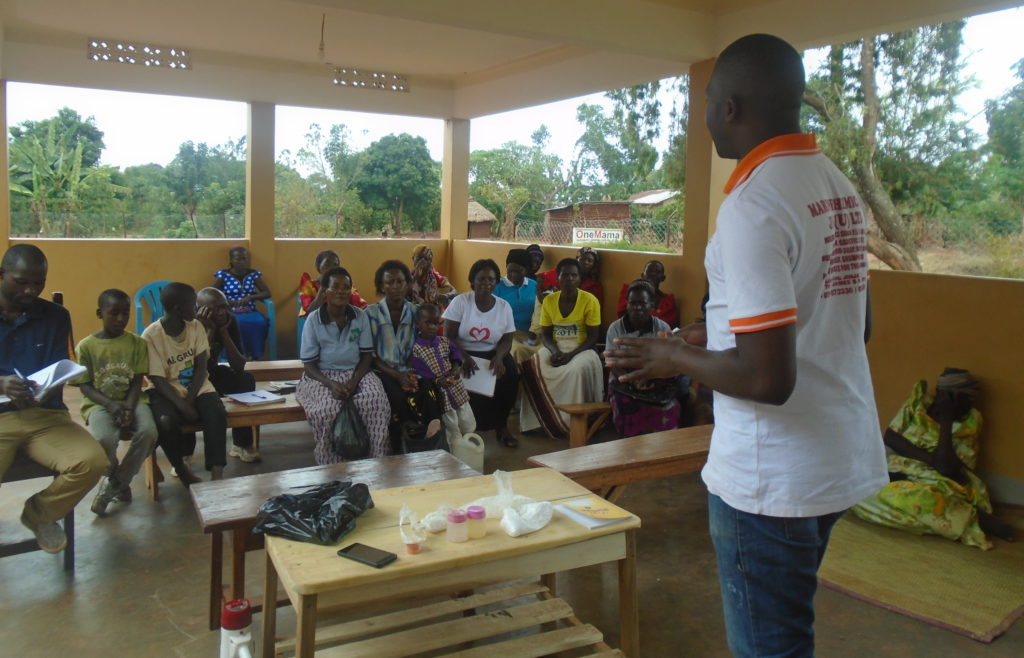
It recently became vital to the survival of the OneMama Health Center and Birthing Clinic to create a self-reliant locally driven model to support the clinic and its services. For the last five to seven years, OneMama has relied heavily on the export of handmade crafts and clothing made by OneMama members and villagers through their economic sustainability programs. Due to changes in the US political and economic climate, OneMama has had to adapt new fundraising programs and operations. The community is being forced to become more entrepreneurial and resourceful to keep the doors to the center and clinic open. This forced adaptation however is turning out to be a blessing. It puts the destiny of the center and clinic directly into the hands of the people of Kirindi at a new level of empowerment.
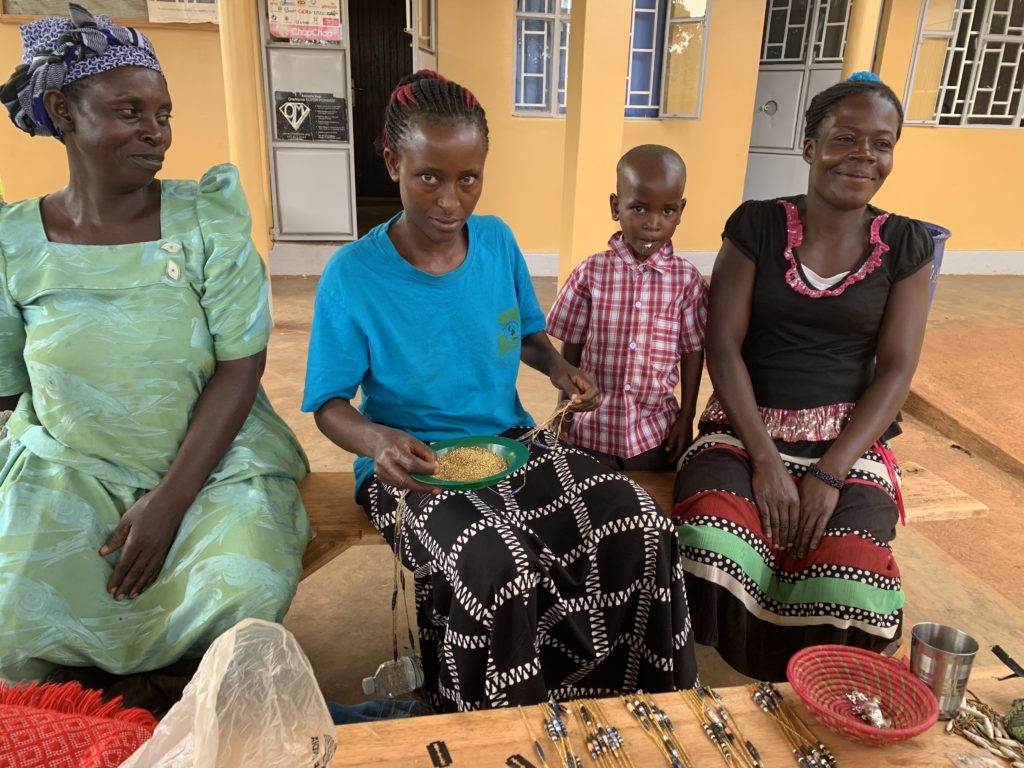
It marks a shift to a community-led development model that is in its early stages. The pace of the transition is slow because of a lack of access to education and resources in Kirindi. OneMama is working towards establishing complete local self-sufficiency in stages. This model has been widely adopted by USAID, The Hunger Project, Save The Children, VIllage Enterprise and other development agencies and organizations in recent years. It puts locals in control of their own destinies to collaborate and create solutions to the challenges facing them.
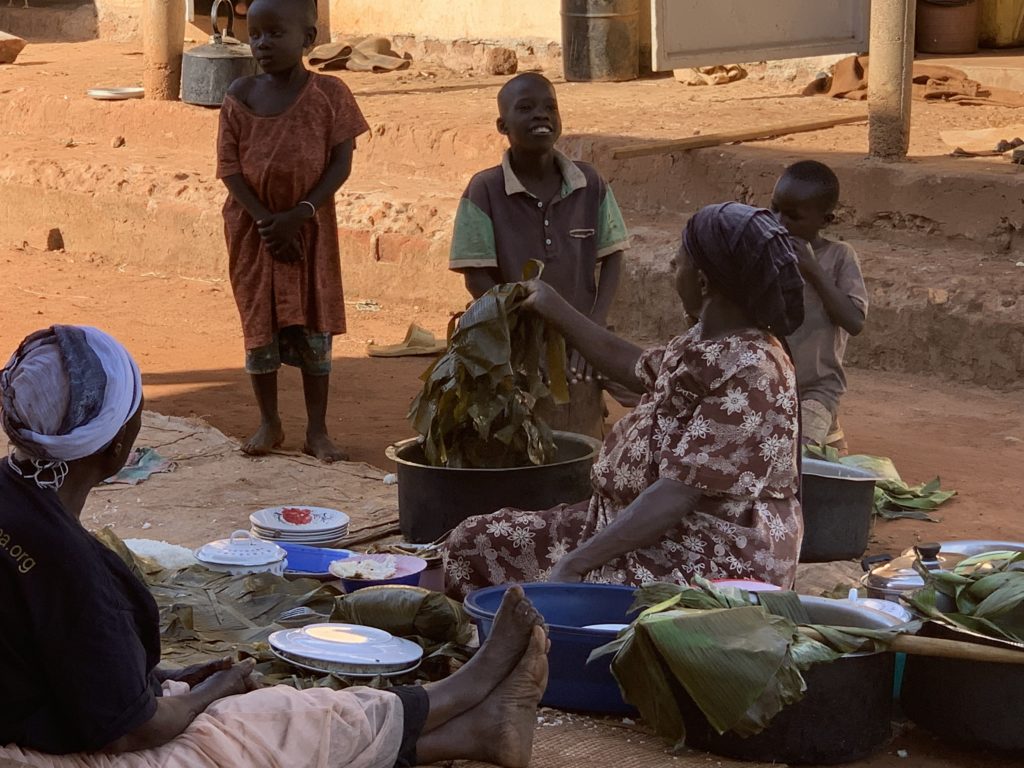
With only $1 a day to spend on average, the villagers hold onto their precious currency for essential items that must be purchased. A largely barter-based economy, there are not a lot of goods and services that Ugandans will spend money on. OneMama started asking: What goods and services could the organization provide that Ugandans and others would actually pay for? It came down to growing tomatoes, potatoes, mushrooms, making soap, raising rabbits, offering secretarial skills and event services for weddings and funerals. Siobahn Neilland, Founder and Executive Director explains, “We’re investing in things for the long term so that whether it’s a good economy or a bad economy, people will buy these staples for their families. We’re also investing in doing trainings inside and outside our community. Once we have all these programs up and fully running, people will partner with us.” Locals will be able to offer their own goods and services in partnership with OneMama. It will in effect strengthen both the community and the health center.
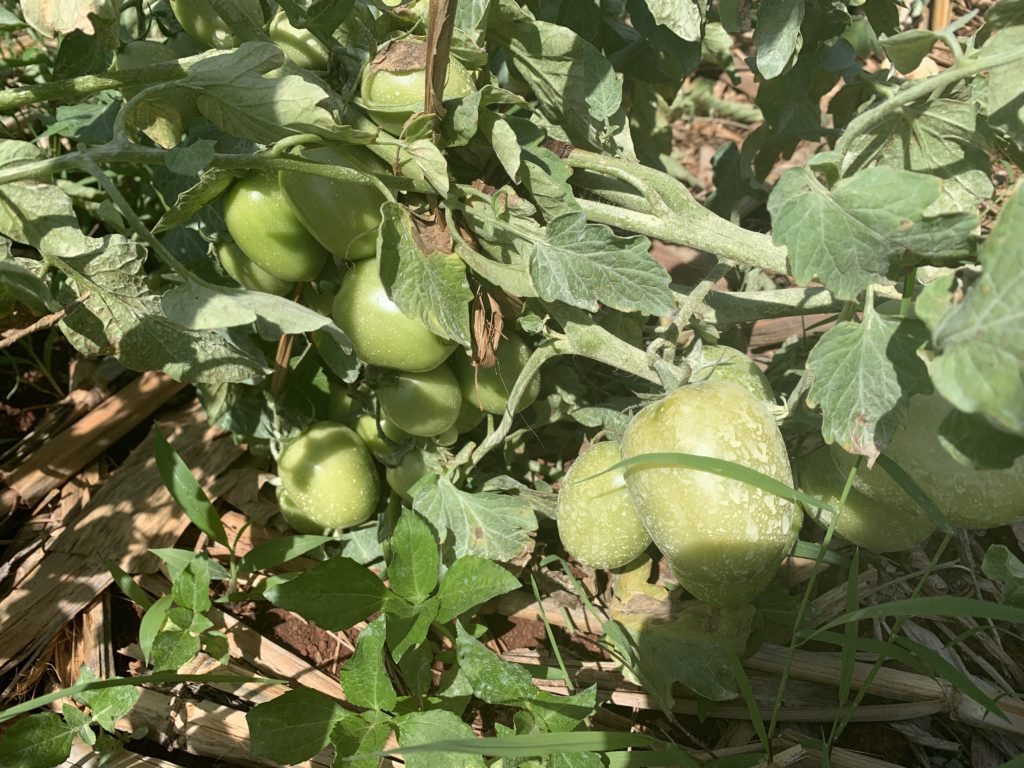
In order for a community such as Kirindi to be self-reliant, responsive institutions like OneMama need to be within walking distance. They also need to be able to fund community programs through local resources instead of international reliance. It is the basis for community-led development. When a community becomes self-reliant, they take control of the power to determine their own destiny. When communities come together and utilize locally available resources, they become not only self-supporting, but they also empower themselves and others. This creates resilient communities that can withstand and overcome challenges no matter what they may be. It’s an economic model that works. It strengthens bonds and taps the inherent wealth within the community. It’s a model OneMama fully supports and continues to work toward achieving daily.
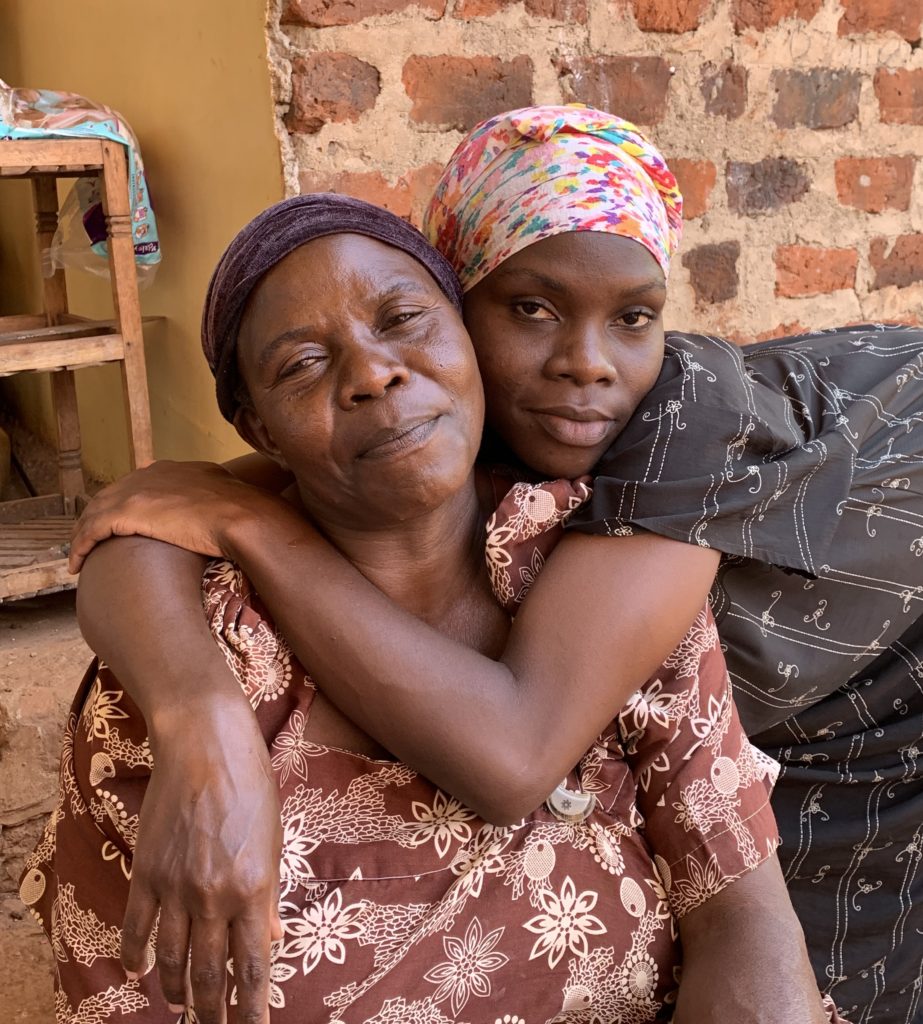
For the villagers of Kirandi knowing that they are able to meet their own needs through their own resources builds confidence in their ability to solve challenges and overcome obstacles as they arise. As Siobhan Neilland explains, “It took them a long time to understand it’s their health center. Business acumen has not been encouraged in this community until OneMama started teaching entrepreneurial and business skills. They’re education does not encourage entrepreneurial thinking.” She continues, “Part of the vision I had when I first came up with the idea was that I wasn’t some light skinned person coming to Kirandi to fix things. I was there to hold their hand and help make the community accountable for their own progress. Most of the time they couldn’t hold that vision, and so I would have to hold it for them. The village has formed an advisory board that holds OneMama accountable. We work with this board to continue to remind them to help the village it’s their clinic health center.”
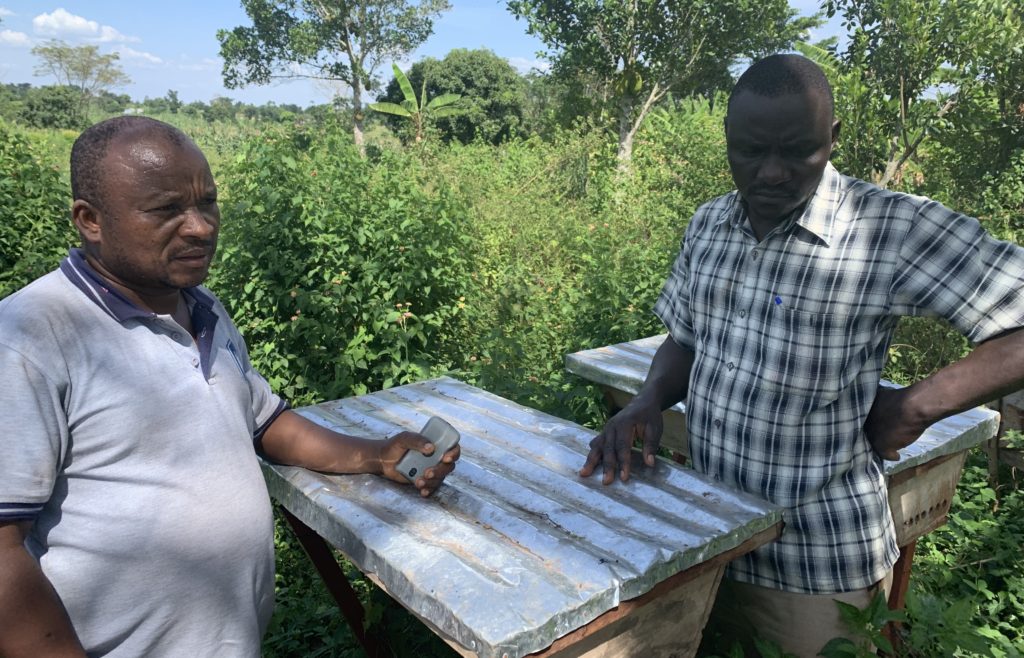
Shifting from a development model that relies on outside resources and external leadership (or clientelism) to one controlled by the local communities is essential to creating self-determined communities. The later model fosters resilient communities that can adapt, survive and thrive in a world where rapid technological changes, climate change and other factors affect emerging economies across the board. From Kirindi to New York City, there is an understanding that the 21st Century requires creating self-reliant, sustainable communities that meet local needs and solve the challenges of a fast-paced, ever-changing, resource-stressed world.
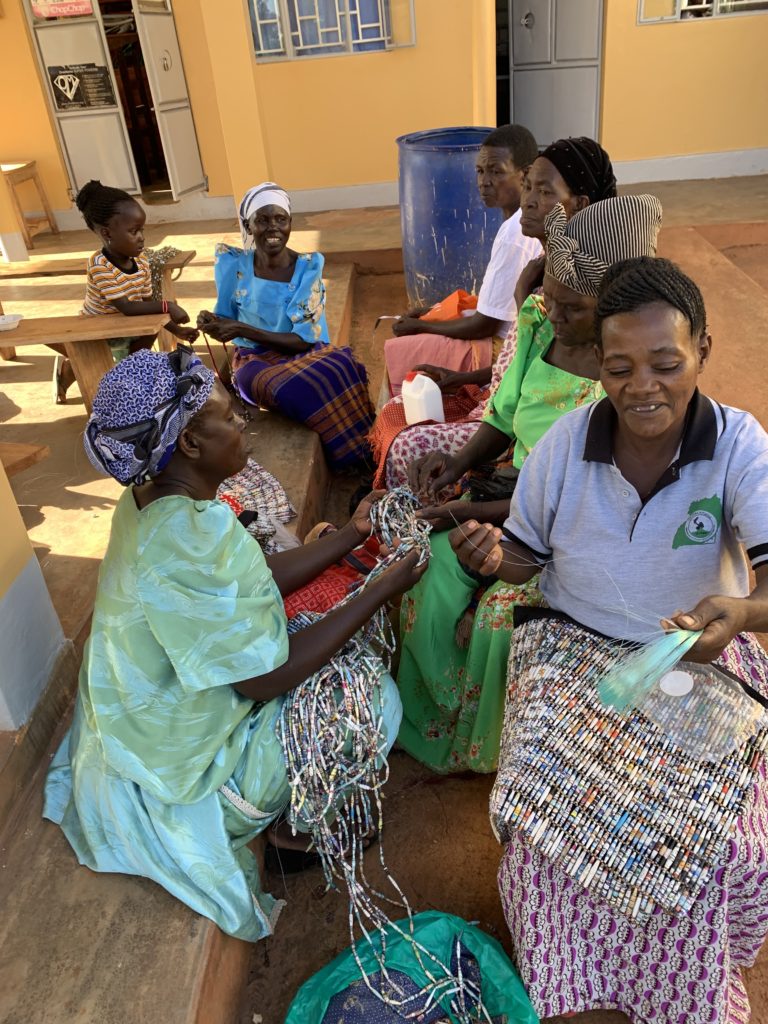
Self-reliance is an essential part of developing healthy, thriving communities. The more communities are empowered to realize their own inherent wealth, the stronger the community becomes. Communities thrive when individuals can tap their own skills and talents to contribute to the well-being of the whole and solve problems. The recent shift in funding One Mama to a community-based funding model creates a sustainable business model that can withstand changing economics and markets. The village of Kirindi is on a path to localized self-sufficiency. It is quickly becoming a model for how communities can sufficiently tap local resources to meet goals and develop solutions brick by brick.
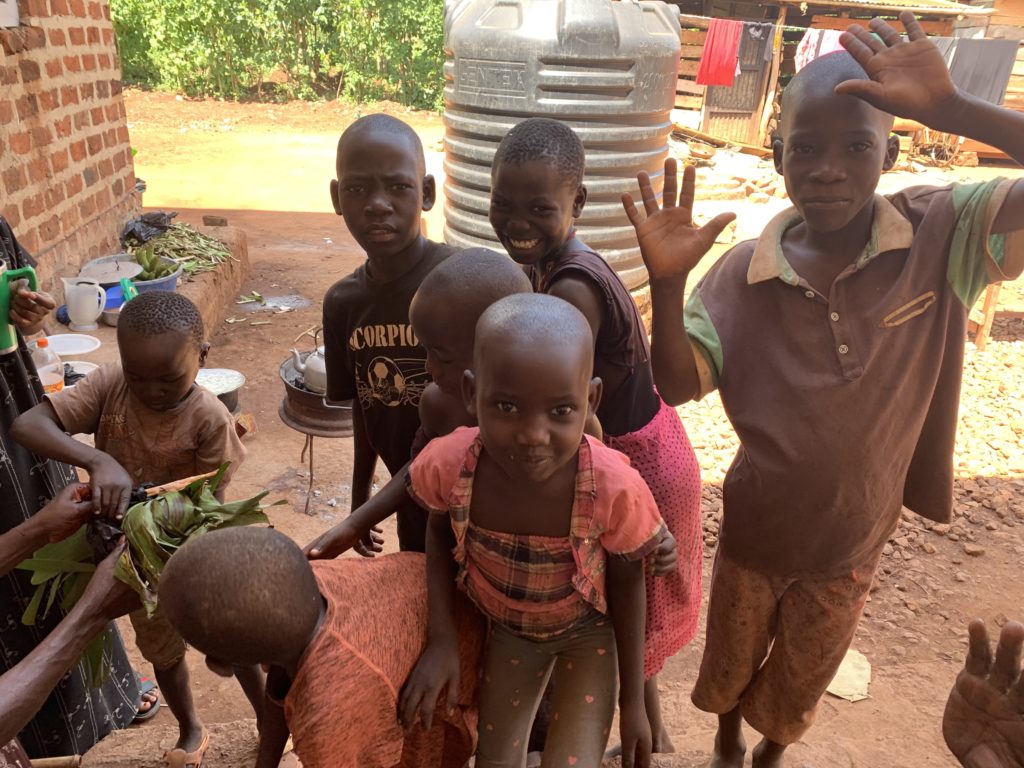
Right now the focus of OneMama is to successfully incubate these new programs to profitability and that takes time. To date, the new programs are able to support 20% of the operation costs, and the goal is to reach 70% to 80% self-sufficiency within the next two years. OneMama needs your donations to keep operations running while undergoing this transition. OneMama is also open to exploring new program ideas that the organization can build out to fund operations. Email OneMama to learn more. Your contribution does make a difference.
